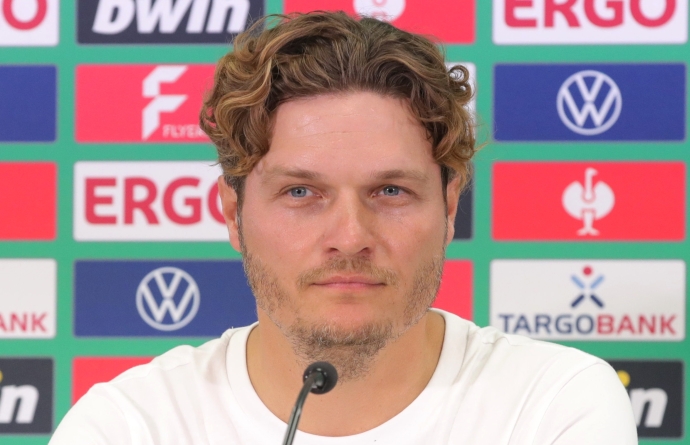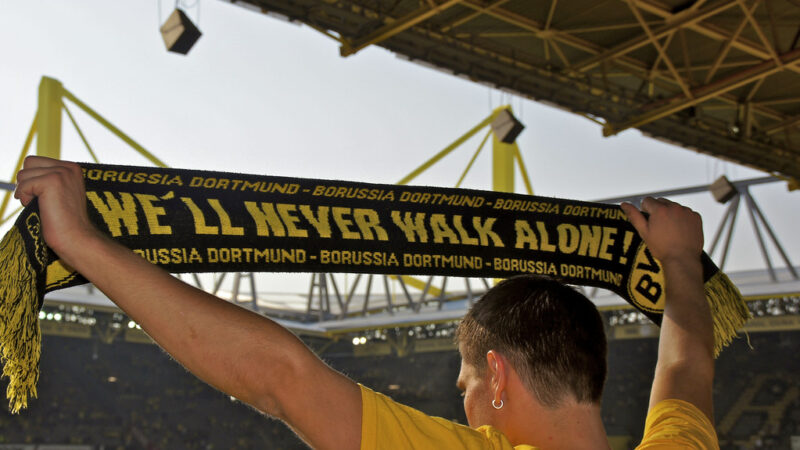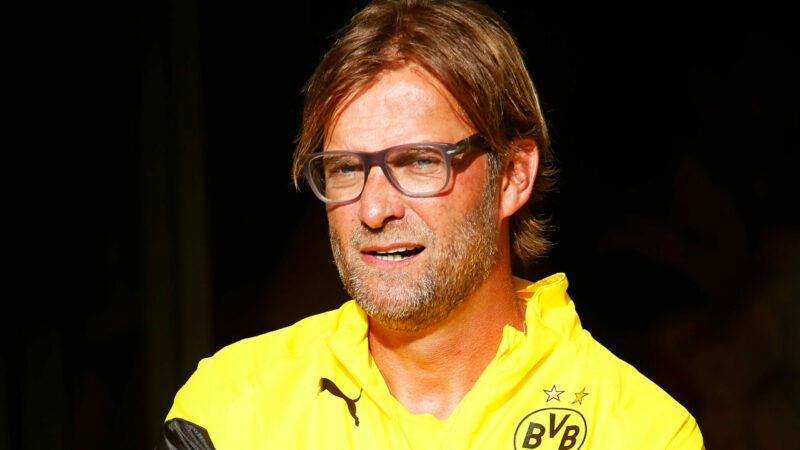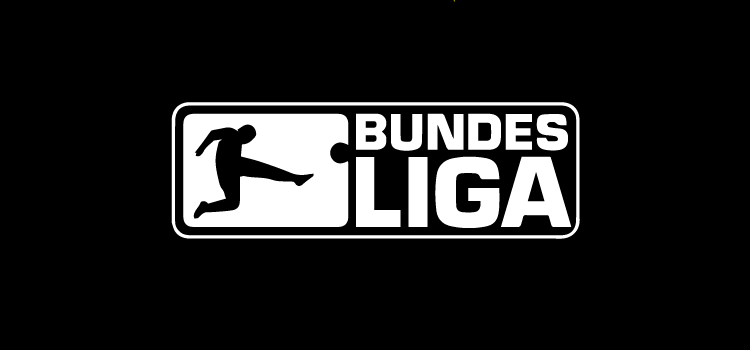BVB on… Peter Stoeger: sink or swim?
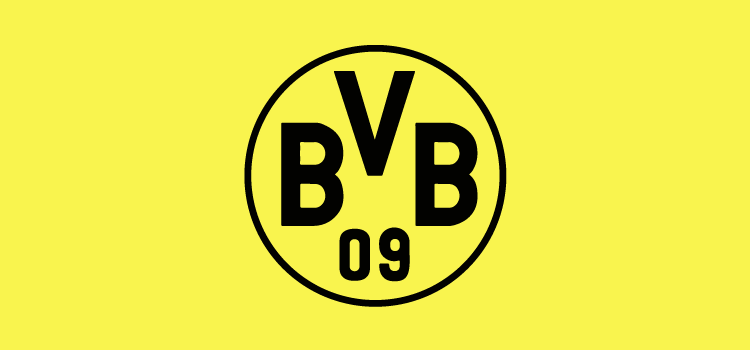
As 2017 draws to a close, one could say it has been a year of upheaval for Borussia Dortmund. The uncertainty began with the murmurings over the future of Thomas Tuchel, who eventually left his post as manager. Peter Bosz was brought in and initially looked to be the man for the job. He came having led Ajax to the Europa League final playing expansive, open football. In the beginning, things looked good. His BVB started the Bundesliga season unbeaten and had 19 points from their first 7 games, only dropping points in Freiburg. However, things soon turned sour and, after not won a game since 30th September, Bosz was relieved of his duties following a 2-1 home defeat to Werder Bremen.
It seemed as if the board had sacked Bosz without a back up plan. There were rumours surrounding his tenure at the club but no names of a successor were forthcoming. When Peter Stoeger was given the job 24 hours after the sacking of his Dutch predecessor, having only been sacked himself by Cologne a week earlier, it was an appointment which left many scratching their heads. So with three games gone in the Stoeger era, and holding a record of 2 wins and 1 loss so far, has he shown enough so far to prove his is the man for the job long term? The lads here at Borussia Dortmund UK had our say…
Dean Mannion
The football Peter Bosz was playing was suicidal at best. He showed a distinct lack of respect for defending and his over-committal to attack proved to be his downfall. It was, after all, his sides incapability to hold onto a lead which ultimately led to his demise. The fact that the board pulled the trigger uncharacteristically early on Bosz says all you need to know regarding their opinion on his suitability for the job.
Not many people could have called the identity of the man to succeed Bosz. Stoeger did a good job overall with Cologne, leading them from the 2.Bundesliga and into Europe for the first time in two decades. However, he did leave his former side bottom of the table and winless domestically this season. His style of football is much more conservative to that which we are used to. His reliance on a target man, as demonstrated by Cologne’s reliance on Anthony Modeste over the past couple of years, is not something we are partial to either. One thing is obvious from the get go – if Stoeger is to succeed, then it is going to take compromise. We are going to have to let him have his way on certain tactical issues, while he may have to loosen the reigns on his players a little. He needs to allow these players a bit of creative freedom. If he continues to play as negatively as he is notoriously known to do, then this could be too much of a swing in the opposite direction for these fans to tolerate.
Robert Hay
The role of Dortmund manager may be a near impossible one for most mere mortals. The manager is expected to play an entertaining, attacking brand of football while still showing tactical acumen enough for his side to defend well. In addition, the world class players you need to do this feat must be developed or bought as youth or undervalued targets, as once a player hits a certain value they will be sold to a larger club. Jurgen Klopp made this work, but Klopp even with his Liverpool struggles (and even that is arguable) has shown himself to be a world class manager.
Stoeger has a penchant for solid defending over beautiful flowing attacking, so how he manages this roster will be interesting. One aspect of his managerial style that could save him is his ability to adjust his tactics mid-match. One of Bosz most frustrating features was his utter inability/desire to change formations or shape in-match. Regardless of how poorly his side was playing or the opponent was exploiting obvious weaknesses, the system was unchanging. However, Stoeger has not shown the same stubbornness. Against Bayern Munich, when his side looked woeful from kick-off, he made a tactical substitution in the first half. The change did not change the result, and BVB still looked like the second best side, but at least Stoeger has the ability to be pragmatic. It may not win him a position with Dortmund next season, but it could help them earn a Champions League place and himself another managerial job elsewhere.
Nate Smith
For yet another season, the Bundesliga looks all but wrapped up by Bayern Munich before the new year. However, for Peter Stoger, Borussia Dortmund’s newest manager, it adds even more clarity to the task at hand. As the second richest, and probably the second most talented club in the country, a successful turnaround would probably involve them climbing to-wait for it- second place under Stoger’s guidance for the rest of the season. Luckily, with die Borussen just two points behind second place Schalke, it could be a very short recovery climb indeed. A strong start to the second half of the season could see them quickly move above the Gelsenkirchen club, and should Bayern stutter at all in their march to the title, perhaps even chip away at the Bavarians’ points lead.
Tactically, Stoger must fix the defence first. The club is blessed to have talent in all three phases of the pitch, but a backline that sprung leaks in Thomas Tuchel’s last season became porous under the inattentive eye of Peter Bosz. Fortunately, the former Koln manager can make strides in this area just by instilling his more responsible and organised system. Fans like to say Jurgen Klopp didn’t have a plan B, but at least his plan A worked more than Bosz’. Stoger is something of a specialist in the unspectacular art of team defence, and his presence was already felt in the three matches prior to the winter break.
It is not Dortmund’s way to spend big during the transfer window, and this January is not likely to be an exception. However, with bit of squad management and luck, the cause could be bolstered by players simply returning to health. Marco Reus is always injured, but seems to be better than ever any time he returns, so if Stoger can get any sort of contribution from him to end the season, it will be a welcome bonus. Mario Gotze showed glimpses of his class as well before his injury. As hard as it might be to believe, Roman Weidenfeller could be useful even in his old age as a Roman Burki has been simply dreadful between the sticks. Gonzalo Castro and Lukasz Piszczek will help bolster the ranks of the midfield and defence, respectively, once they have returned. Should the club decide to dip into the transfer market in January after all, a possible name to look out for is that of Henrikh Mkhitaryan, who had an absolutely brilliant season at the Westfalenstadion before departing for Manchester United in the summer of 2016.
Despite Peter Bosz’ reputation being largely built on his success last season with a very young squad at Ajax, none of the myriad of talented youngsters at Dortmund seemed to improve while he was in charge. With the exception of Christian Pulisic, who has probably been the best player thus far after Pierre-Emerick Aubameyang and Shinji Kagawa, no other young player has looked poised for a break into the starting XI. New signings Max Philipp, Mahmoud Dahoud and Jeremy Toljan have shown glimpses of their talent this season, but only Philipp appeared to carry any favor with the boss prior to a serious knee injury at the beginning of the month. Dahoud was mostly a peripheral figure, but has flashed a bit under Stoger, and Toljan has not exactly endeared himself to the fans with his inconsistent performances at right back. For Stoger, progressing these and other highly touted youngsters through the team is essential both for long term success on the pitch and the financial health of the club. In the age of mega-rich clubs seeking to separate themselves through sheer monetary power, it is a model that has served Dortmund well, and quite possibly represents their best chance of staying relevant amongst the giants of Europe.
Will Stoger succeed in his tenure at Dortmund? Ultimately, I say he will. He may not be the tactical genius that Tuchel was or the master motivator of Jurgen Klopp, but he is exactly the sort of manager Dortmund needed to right the ship. It wasn’t a sexy, newspaper headline type hiring (although the papers had no trouble finding their angle after the calamity of his Koln sides’s performance in the Bundesliga before he was fired), but he is a low-risk salve for the festering defensive ailments of this team. Whether he ends up being a caretaker for the next great German managerial talent or he earns the job himself, Peter Stoger will ultimately prove to be the right man to see out the season at the helm of die Schwarzgelben.

